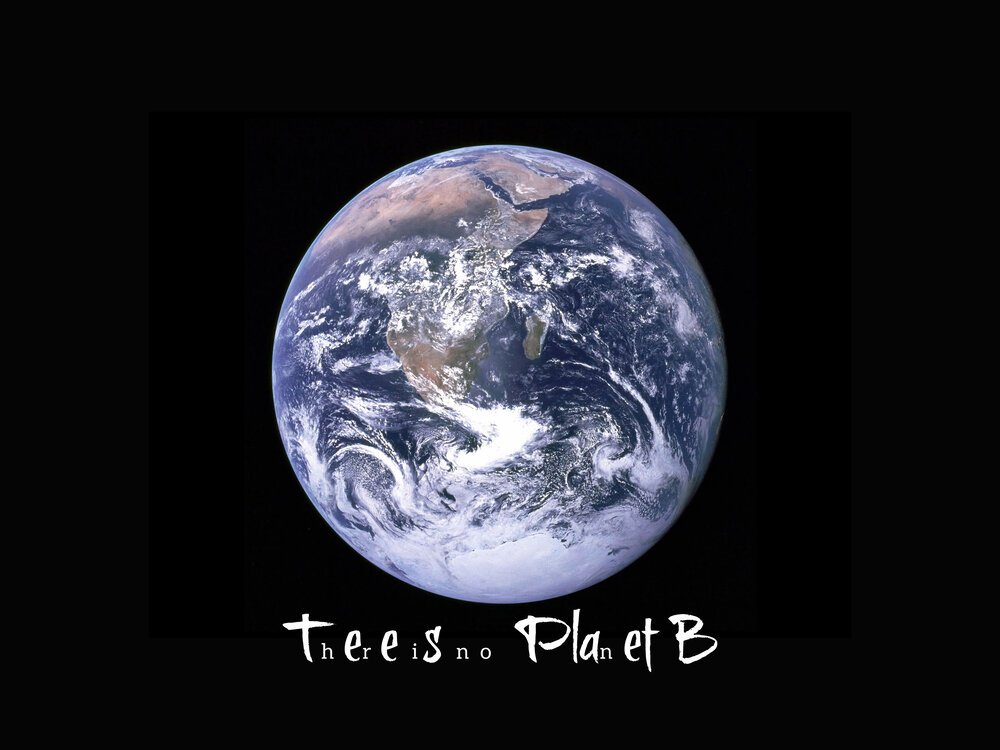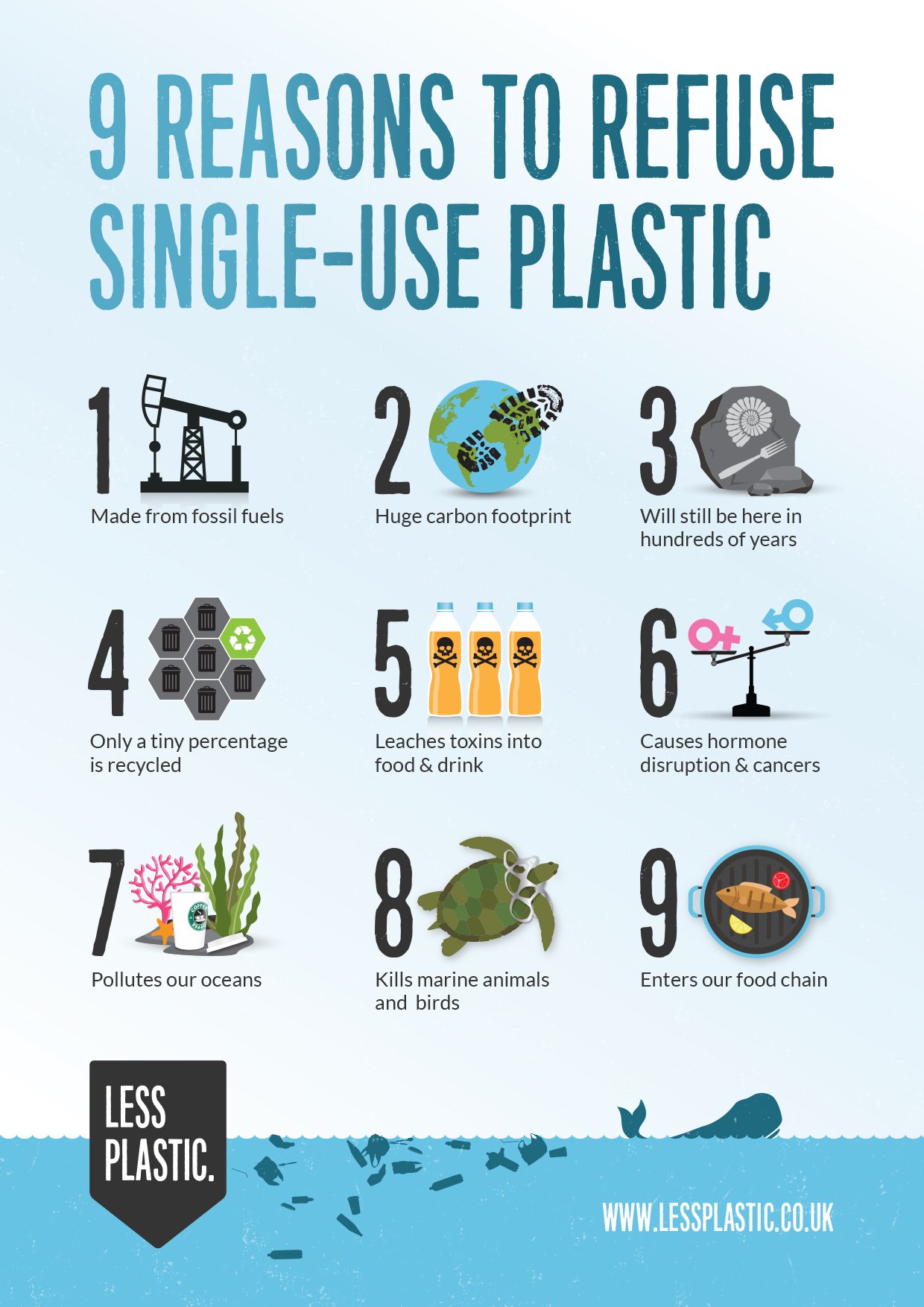California’s Fight Against Plastic
In The Wake of The Recent Oil Spill, California Passes Four Precedent-Setting Bills
In the wake of the Huntington Beach Oil Spill at the beginning of October, California has now passed four precedent-setting bills to help in the fight against plastics. This is a huge victory for organizations like The Surfrider Foundation and others who have been actively advocating for this type of momentous change.
THE PROBLEM WITH PLASTICS
Plastics and their ingredients pervade our oceans and lands. They’ve been filling up our landfills at astronomical rates despite recycling efforts and contributing to health problems in humans and wildlife.
Since 1960, the amount of plastic found in landfills has grown from less than 1% of our waste stream to 12% despite a huge increase in recycling campaigns. Part of the problem is that the plastic industry rarely uses recycled plastics in products so many of those plastics you think you are “recycling” simply end up in landfills.
There are huge complications and limitations to recycling. Plastics are much more difficult to recycle than glass, aluminum and paper. There are thousands of combinations of plastics because of all of the dyes and additives used to produce the right color, shape and textures manufacturers want. This makes sorting almost impossible which is necessary or else recycling becomes useless to the manufacturing industries. Although the technology exists to recycle most of them, the infrastructure is sorely lacking. Additionally, plastic production has outpaced recycling by five times in the last decade.
Another issue with plastic recycling is it can be very misleading. Almost all plastics are imprinted with resin codes. People tend to think these codes mean a plastic is recyclable, but the codes simply indicate the general type of chemical compound that was used to make that particular plastic. The codes were never intended to promote or guarantee the plastic could be recycled.
Even if all plastics could be easily sorted and recycled, the market for recycled plastics is weak at best. It is extremely difficult to even find a buyer willing to pay for raw material because it’s often cheaper and easier to make and buy new plastics. As a result, most plastic simply gets “down cycled” then dumped in a landfill and never truly recycled at all.
Needless to say, despite all of this, I am still a huge advocate of recycling all plastic and support recycling efforts. I’m just an even bigger fan of trying to limit its use as much as possible and for figuring out ways to get us off this world-wide plastic dependency.
CALIFORNIA’S UNPRECEDENTED SOLUTION
California has recently taken bold steps to help the plastic pandemic. Four bills were just passed that will hopefully help curb our dependence on plastics and prevent deceptive advertising when it comes to recycling.
SB 343
SB-343 may just be the nation’s strongest law to help protect us against misleading or deceptive labeling when it comes to recyclables. It helps prevent companies from advertising in ways that deceive or mislead consumers about the environmental impact of plastics. It forces them to provide consumers with more accurate and useful information. Environmental marketing claims must now adhere to uniform and recognized standards for advertising in this regard and the new law enacts stringent criteria for a company to use the chasing arrows symbol on plastic packaging in California and other labeling rules.
AB 881
AB-881 closes the loophole that allows us to export mixed plastic waste and deem it “recycled” even if it’s actually going to live out eternity in a landfill, be burned or dumped. It helps prevent mismanagement of recyclables and raises consumer awareness while promoting accountability. Programs that use mixed scrap plastics exported for disposal will no longer be able to count that quantity toward their diversion mandates.
AB 1276
AB-1276 prevents establishments from arbitrarily giving out handfuls of plastic plates, utensils and straws that often just get thrown away. Instead, single use plastics such as these can now only be given out upon a consumer’s request. I, for one, will be thrilled to not be bringing home bags of take out from restaurants only to find them full of plastic utensils I will never actually use.
AB 962
AB-962 creates a returnable water bottle program. It allows bottles to be cleaned and refilled by beverage producers instead of being crushed and recycled eliminating excess waste. I am extremely excited for this change and can only imagine the long-term effect it will have. Over 25 billion single-use plastic beverage bottles flow through California’s recycling program every year, bottles that can now be preserved , washed and refilled creating new jobs and reducing waste. In fact, it is believed this type of reuse system will create 30 times more jobs than landfills do.






